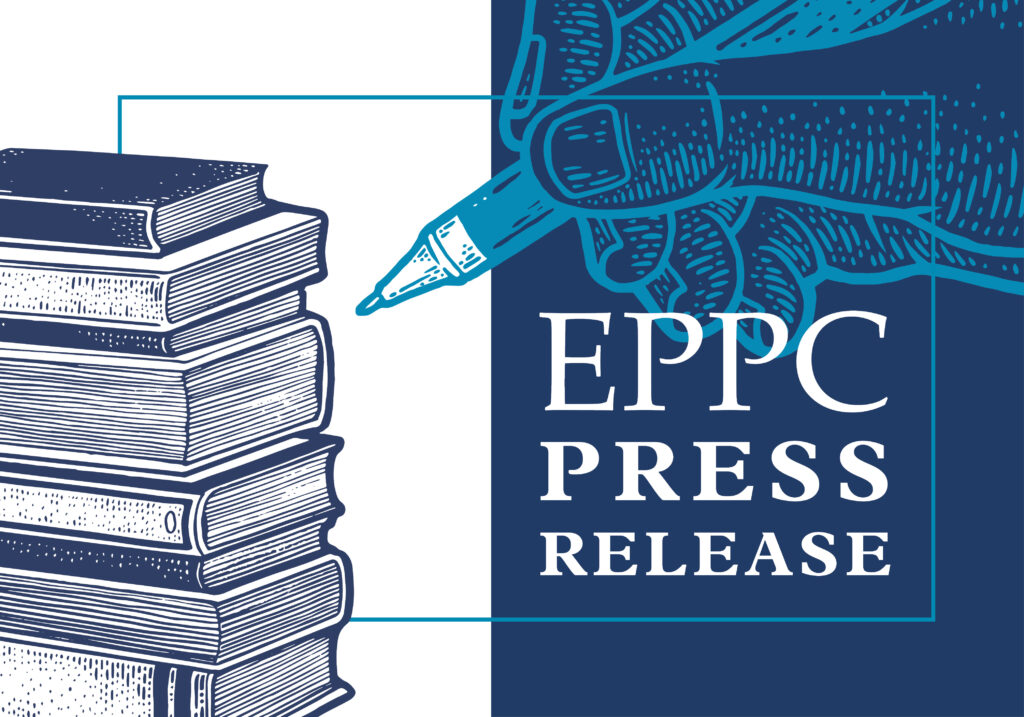
November 14, 2023
Yesterday, EPPC scholar Eric Kniffin submitted a public comment on a proposed rule by the U.S. Department of Health and Human Services (HHS) that clarifies what constitutes discrimination against individuals with disabilities under section 504 of the Rehabilitation Act and, by extension, the Americans with Disabilities Act.
Kniffin, a fellow with EPPC’s HHS Accountability Project and former attorney in the U.S. Department of Justice’s Civil Rights Division, applauded the Department for its efforts to better protect the dignity of disabled persons in the medical treatment context, which are consistent with Catholic teaching on the dignity of the human person.
As he noted in his comment, the Proposed Rule includes
beautiful affirmations of the inherent dignity of every human life. I am grateful that HHS has taken this care to apply the broad prohibition against discrimination on the basis of disability in Section 504 and apply it to specific situations where disabled persons have faced discrimination. The Proposed Rule is all the more powerful because it provides compelling examples of instances where healthcare providers have or have not honored these principles, where they have succeeded or failed to properly value the lives of persons with disabilities.
Kniffin encouraged HHS to build on these principles in its final rule by affirming that disability discrimination protections also apply to infants with disabilities and in the assisted suicide context.
The Proposed Rule also claims that “gender dysphoria” counts as a covered disability under Section 504. Kniffin opposed this interpretation, explaining that Congress chose to explicitly exclude “gender identity disorders not resulting from physical impairments.” His comment draws on analysis by EEPC scholars Ed Whelan and Rachel N. Morrison to argue that HHS’s interpretation is arbitrary and capricious and contrary to law. He also took HHS to task for failing to account for the religious liberty problems its new transgender mandate would create. Kniffin wrote:
I urge HHS to drop its unconvincing and unlawful attempt to claim that gender dysphoria counts as a disability under Section 504. HHS has not justified this interpretation of the law and has done almost nothing to explain what this new mandate would entail and anticipate what it would cost to implement. Dropping this aspect of the Proposed Rule would also solve the many religious liberty problems this aspect of the Proposed Rule would create. That, in turn, would save the federal government the millions of dollars in taxpayer money it would be compelled to spend defending this foolish mandate in court, and eventually paying religious organizations’ attorneys fees after another predictable loss.
Other legal, religious, educational, and policy organizations also submitted comments responding to HHS’s proposal, including:
- Alliance Defending Freedom
- American Association of Christian Schools
- Association of Christian Schools International
- Concerned Women for America
- National Catholic Bioethics Center, National Catholic Partnership on Disability, Catholic Medical Association, and National Association of Catholic Nurses, USA











